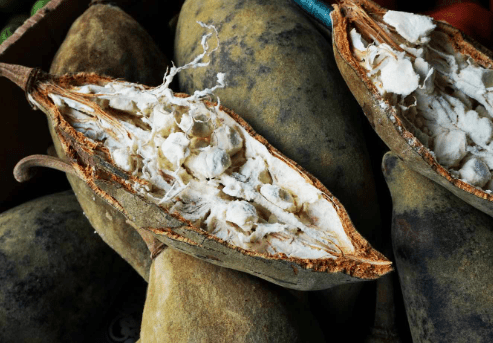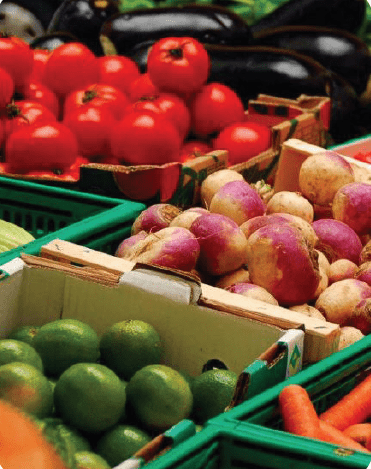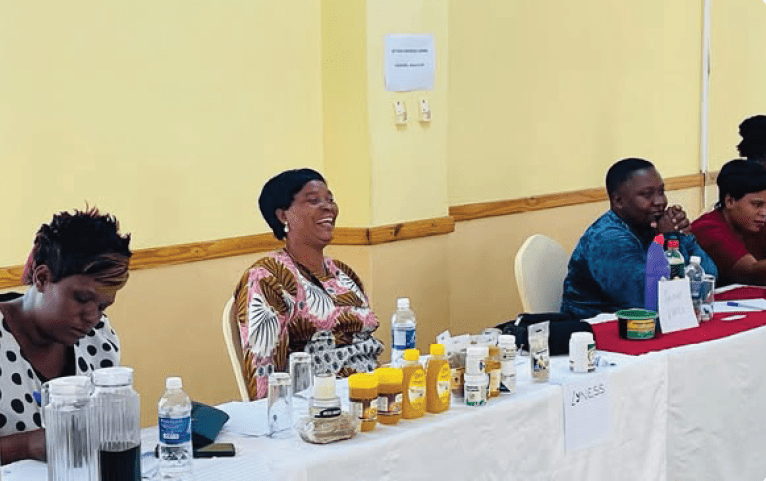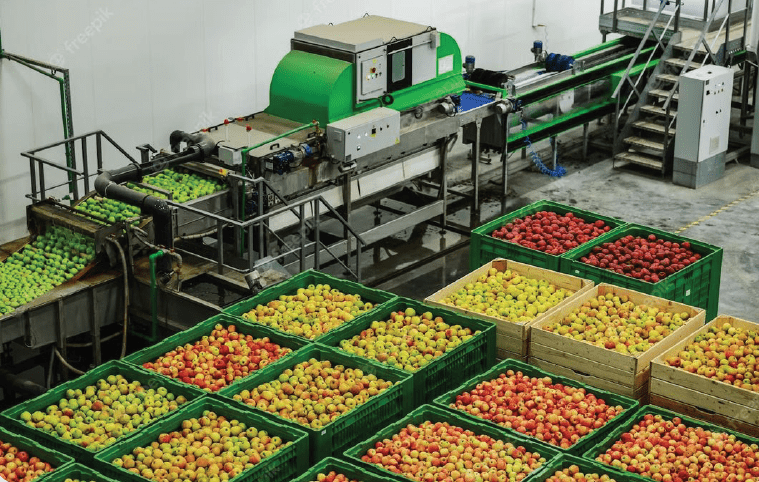Zimbabwe’s future is premised on the need to transform the nation’s heritage into sustainable income projects for communities.
President E.D Mnangagwa has emphasized the importance of turning heritage-based products into economic gains for Zimbabwean communities as part of the country’s broader strategy for development and modernization.
The President has articulated a vision where the integration of heritage with science, technology, and innovation forms a foundation for national progress.
This approach is encapsulated in the Heritage-Based Education 5.0 model, which aims to transform the education system to produce graduates capable of creating wealth and advancing national interests.
What is perhaps important is the deeper understanding that natural resources form part of the wider heritage-based products that are earmarked for economic transformation.
In fact, wild fruits play a significant role in this heritage-based innovation framework as many Zimbabwean communities rely on wild fruits for nutrition, medicine, among other many uses.
This is where wild fruits like baobab come in.
African baobab
The African baobab, scientifically known as Adansonia digitate, is an iconic tree found across the African continent.
In Zimbabwe, the baobab tree is widespread, and its distribution is influenced by climatic conditions and habitat suitability.
The baobab tree generally occurs in low-altitude areas within Zimbabwe.
It thrives in hot and dry woodlands and the specific regions where baobabs are abundant including Zambezi Valley in Matabeleland, Mashonaland provinces, as well as Masvingo and Manicaland.
In Zimbabwe, the Baobab tree grows in very dry areas, with rainfall of as little as 500 mm a year.
The trees fruit in the middle of the dry season, when there is little else growing and few other income opportunities for local communities.
The baobab fruit is one of the most nutritious foods in the world and it is considered a super fruit.
The fruit is considered a nutrient-dense fruit, and the pulp is particularly rich in vitamin C, and contains B vitamins, potassium, magnesium, iron, calcium, and fibre.
Source of income
For thousands of people in the dry lands of Zimbabwe, especially groups of women and youths, the fruit is an avenue for making an income, with households making incomes from the harvesting and selling of the baobab fruit.
Zimbabwe has an estimated five million baobab trees, with four million of the trees situated on communal lands.
The fruit is seasonally available for harvest from April to September, and this signals the peak season for baobab fruit.
For generations, the baobab fruit has been harvested and sold to local markets either as fruit with seed or as powder.
In recent years, there has been a huge realisation that the baobab trees and its fruits are much more than a source of food for rural communities, but a cash crop that can provide huge returns.
With trainings and capacity interventions, the baobab fruit has presented huge potential for the commercialization of the baobab fruit and its by-products.
For example, national trade development and promotion organisation, ZimTrade, has developed several products by small businesses and rural communities, where innovation has resulted in creation of export competitive products such as essential oils, and animal feed.
In Mudzi, ZimTrade is working with Camfed and Harare Institute of Technology to develop a processing plant that will allow a group of ten young women to process baobab into high end products.
The group has already participated at international trade fairs such as the Intra Africa Trade Fair, held in Egypt last year, where they engaged with leading buyers in the market who expressed to source from Zimbabwe.
The group has sent sample orders to Egypt and once approved, the market will absorb much of the production coming from Mudzi, which will put the community on the national export map.
Some of the current products from baobab fruit that have been developed for export include baobab powder, and baobab oil.
Baobab powder is highly versatile and finds applications in various sectors, including food and beverages, nutraceuticals, and cosmetics, amongst other uses.
Research shows distinctive nutritional content of baobab on different parts of the plant, such as the leaves, pulp and seeds with numerable economic value derived especially from fruit exploration.
Baobab powder is rich in vitamins (especially vitamin C), minerals (such as calcium and potassium), and dietary fibre.
Nutraceuticals, smoothies, yogurt, baked products, and cosmetics are some of the applications where baobab powder is gaining popularity.
Furthermore, the seeds and kernel of the plant are loaded with fibre, fat and micronutrients like thiamine, calcium, and iron.
As it is a natural source of these nutrients, it is more bioavailable than manufactured vitamin supplements, and the health-conscious markets are opening for this novel product.
Baobab oil contains Omega 3, 6 and 9 fatty acids, and exhibits potent skin moisturising activity.
In addition, the residual press-cake from the oil pressing is a useful, high protein stock-feed.
What is a further advantage is that the baobab has a natural shelf-life of 3 years so there are no additives or preservatives baobab products whilst maintaining its deliciously sweet and citrusy flavour overtime.
The seed oil from baobab is one of the value-added products with huge returns.
Research by ZimTrade has shown that kilogramme of baobab powder sells between US$20-US$40 in international markets, with the oil price much higher at between US$80 to over $100 per litre.
Without processing, the 20-litre tin of cracked baobab is being sold for US$1 in some parts of Zimbabwe.
Markets
In terms of markets, Europe is a key importer of baobab powder due to its growing demand for natural health products.
Baobab powder is marketed as a food supplement that supports immune health and overall well-being.
According to the Netherlands Enterprise Agency’s Centre for the Promotion of Imports from developing countries (CBI), the European market for baobab ingredients is expected to grow by four percent in the coming years.
Other studies put the expected compound annual growth rate (CAGR) at anything between 5.6 percent (Global Market Insights) to 9.4 percent (Market Research Future).
According to Tridge, the United States ranks first in baobab powder imports, with an import value of US$90.65 million in 2023.
China ranks second, with an import value of US$38,31 million.
The demand for baobab powder has surged in China, driven by its nutritional content and taste. Germany is the third-largest importer, with an import value of US$28.87 million with baobab powder being used in various food products and supplements in Germany.
France ranks fourth, with an import value of US$18,41 million.
The French market appreciates baobab powder for its unique flavour and health benefits.
Canada is the fifth-largest importer, with an import value of US$18,02 million.
Baobab powder is increasingly incorporated into food and beverage products in Canada.
To export baobab to Europe, several market requirements must be met, which are set by the European Union (EU).
Baobab products must comply with the EU’s General Food Law, ensuring safety and traceability.
Products must meet requirements on Maximum Residue Levels (MRLs), contaminants, and microbiological contamination.
Baobab is usually tested for heavy metals such as Lead, Mercury, Cadmium, and Arsenic.
Exported baobab powder must comply with EU labelling requirements, including the supplier’s name, address, and telephone number; product name and identification; batch code; country of origin; date of manufacture; and best before date and while not mandatory, having organic certification is important in the European market for baobab product.







